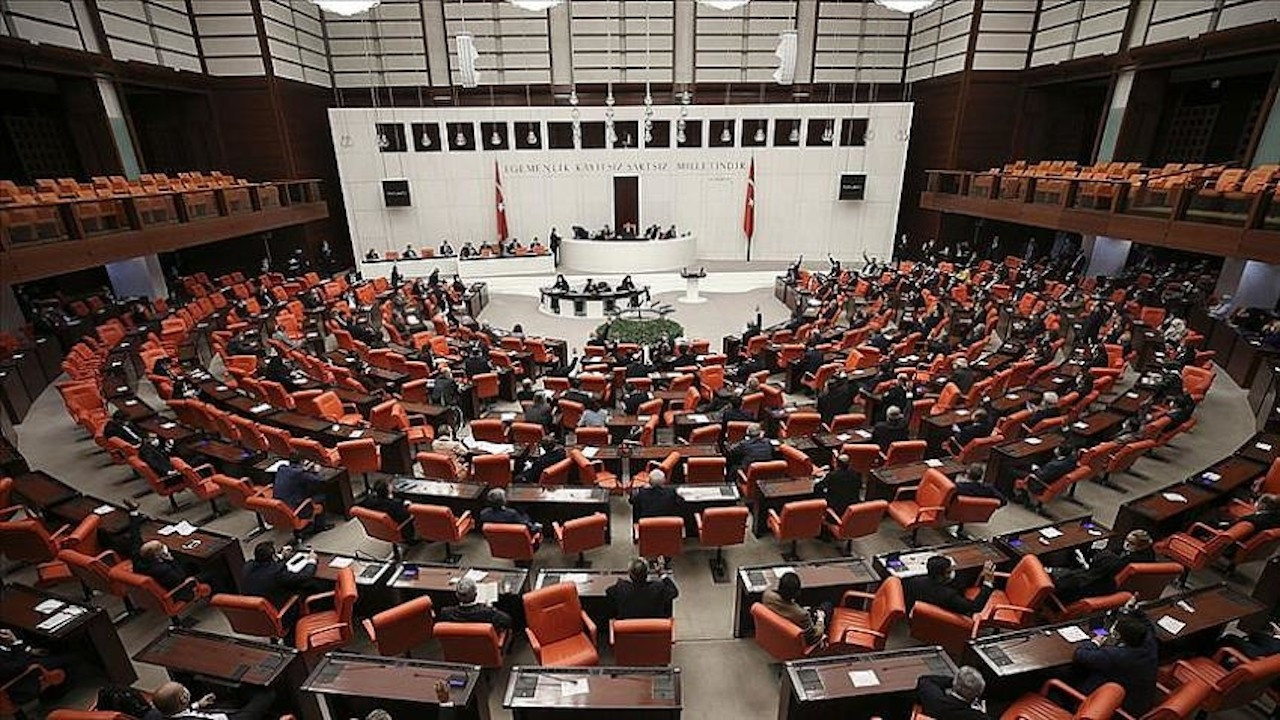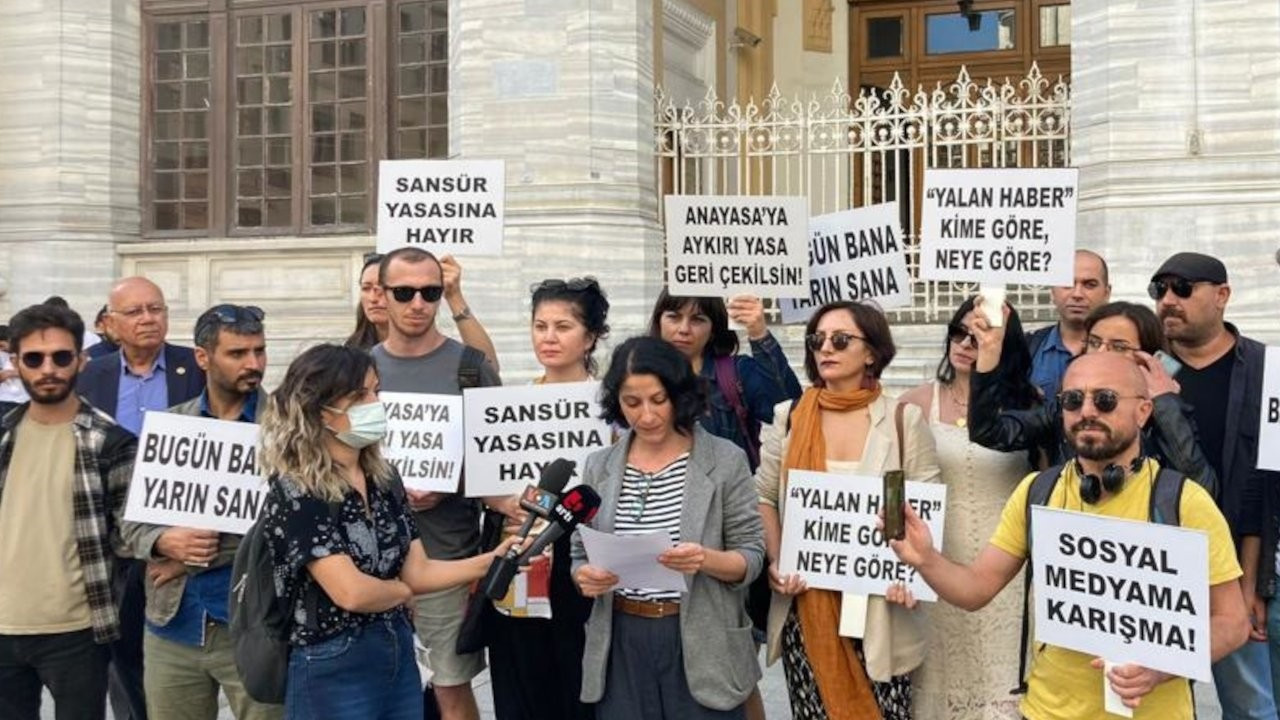Turkey's main opposition party applies to Constitutional Court over ‘censorship law'
Turkey’s main opposition CHP has applied to the Constitutional Court over the "censorship law” seeking up to three years in jail for those spreading so-called "disinformation" on the internet.
Duvar English
Turkey’s main opposition Republican People’s Party (CHP) on Oct. 18 filed an application with the Constitutional Court (AYM) regarding Article 29 of the bill that criminalizes so-called “disinformation” spread online, which the opposition deemed “censorship law.”
Presented by the ruling coalition of the Justice and Development Party (AKP) and Nationalist Movement Party (MHP), one of the most controversial articles of the bill is Article 29 which talks about the “struggle against disinformation."
“If a person spreads false information with regards to the country's domestic and external security, public order and general health in a way that that is suitable to disrupt the public peace, with the purpose of creating concern, fear or panic among the people, they will be sentenced to between one and three years,” the relevant article reads.
After filing the application, CHP group deputy chair Engin Altay deemed the law in question as “Stalin law.”
“The aim of this law is to silence the opposition, the media, the press, social media. This is a law to present their own lies as truth and it is not acceptable. I request the court to consider the application regarding Article 29 as soon as possible. This law not only destroys democracy in Turkey, it also drops Turkey from the league of democracy in the world family of nations,” Altay said.
Online news outlets will be required to remove “false” content, and the government may block access to their websites more easily with the new law in question.

 Turkish parliament passes 'disinformation law' tightening control on internet mediaMedia
Turkish parliament passes 'disinformation law' tightening control on internet mediaMedia 'Disinformation law' constitutes interference with freedom of expression, Europe watchdog saysMedia
'Disinformation law' constitutes interference with freedom of expression, Europe watchdog saysMedia Turkish journalist body demands withdrawal of new bill tightening control on internet mediaMedia
Turkish journalist body demands withdrawal of new bill tightening control on internet mediaMedia Turkish MPs, journalists protest ‘disinformation law’ in parliament, wear black masksMedia
Turkish MPs, journalists protest ‘disinformation law’ in parliament, wear black masksMedia